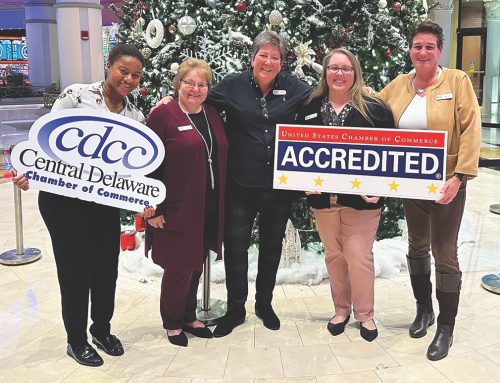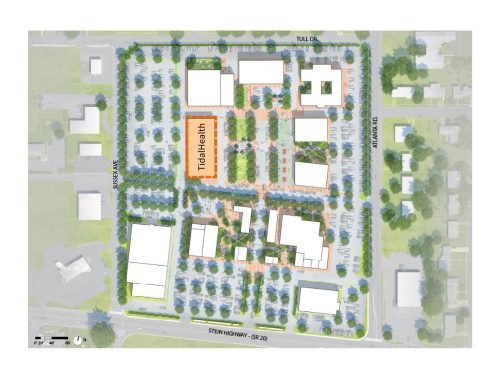You’ve likely seen a “Medicare Advantage Helpline” commercial on television, featuring a former football star urging you to call and “check your zip code to see if you are eligible” for big savings. This ‘Helpline’ is not a government health insurance assistance program, and instead of savings, a surprise is in store — it’s a scam.
Delaware Insurance Commissioner Trinidad Navarro urges seniors not to become victims. “You can’t even get those plans in Delaware,” he cautioned, having protected consumers from being sold these plans. “The only way you can save on premiums — ‘get money added to your Social Security’ — is if the plan is less expensive than what you have now.”
Yes, the short-term or “skinny plans” may be cheaper up front, but when you submit a claim, Navarro warned, you may learn it is not covered and end up paying the bill yourself. If you go outside the network, you may need a referral and pay additional out-of-pocket costs.
“This (improper marketing of health insurance plans) is a real problem across the nation,” he continued, and it’s something being addressed by the National Association of Insurance Commissioners’ (NAIC) Antifraud Task Force, which Navarro chairs.
Insurance commissioners don’t have the ability to regulate Medicare Advantage advertising, Navarro explained. “The federal government took that authority from the states in 2003, and they don’t have the staffing to investigate this type of fraud.”
He added that NAIC sent a letter asking Congress to change that part of the code and held meetings with members to encourage them to give this responsibility back to state regulators. So far, there has been interest in the idea, but not action.
“We have authority on commercial insurance, but this component of Medicare Advantage plans is not within our jurisdiction at this point,” Navarro said.
Insurance commissioners in 56 states and jurisdictions can contact a company over which they have jurisdiction to rectify a problem and the company will typically comply. If not, the commissioner can investigate, levy fines or, in the most extreme cases, suspend the company’s license.
Scammers aren’t just advertising on television. They also use telephones, mailers and the internet.
Navarro warned, “Medicare will never call, except in response to contact from you. They do not ask for card numbers.”
Scammers may call to inquire if you’ve received a new plastic Medicare card, saying they just need to check your number. Medicare is not issuing plastic cards. The caller just wants you to recite your number.
Others may call saying Medicare will pay for a medical device, such as a brace, that you might need. Such devices are only covered under your doctor’s prescription. These scams may increase in the coming months, as Medicare Open Enrollment takes place Oct. 15-Dec. 7.
The best thing to do if you receive a call like this is to hang up, Navarro said. “Trust your instincts. If it sounds too good to be true, it is not true.”
Navarro, who was first elected commissioner in 2016, works not only to assure accountability of insurance companies but to make insurance affordable and available to residents. His department offers free Medicare counseling services including information about Medicare and Medigap, helping choose the right plan and assistance with billing problems.
“If you have any questions, concerns or want more information, call our Delaware Medicare Assistance Bureau (DMAB) at 302-674-7364. You’ll get expert advice and service at no cost to you.”
You can also visit online, at insurance.delaware.gov/dmab.
“Our DMAB staff is dedicated to handling Medicare assistance. That’s all they do, and they are very good at it.
“When we receive your inquiry, you may not always get what you want, but you will get a resolution that is fair,” he continued. “We are trying to help consumers.”





